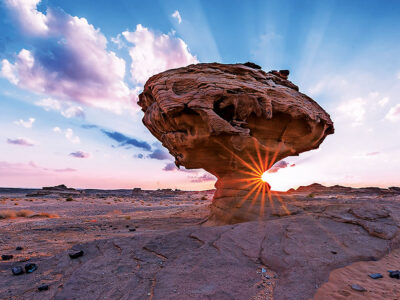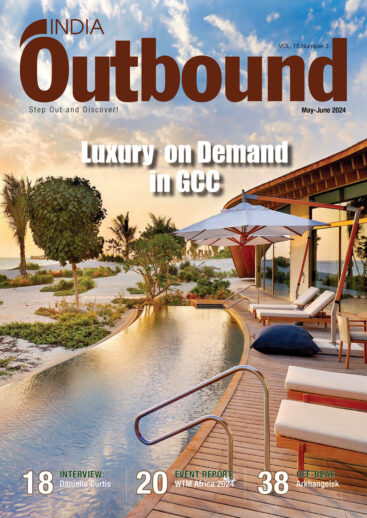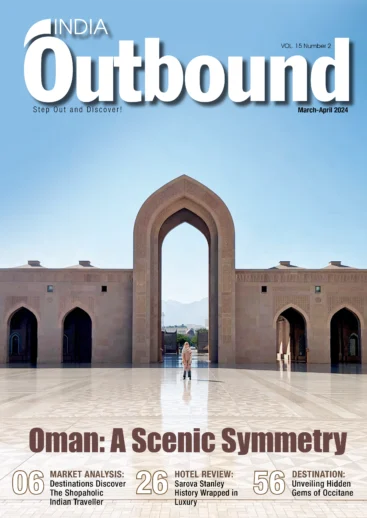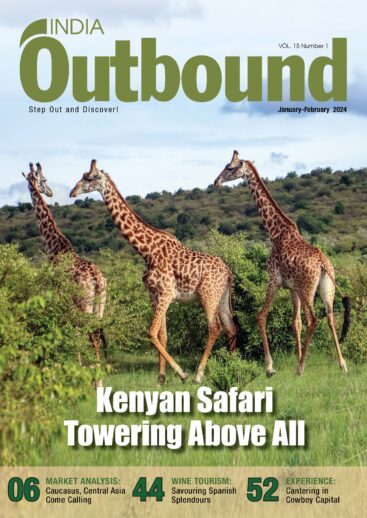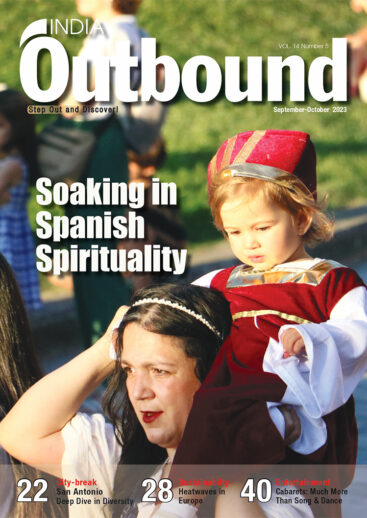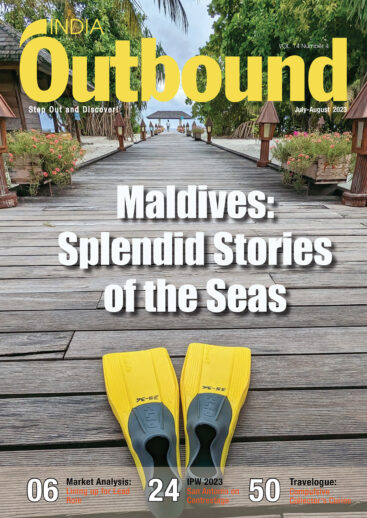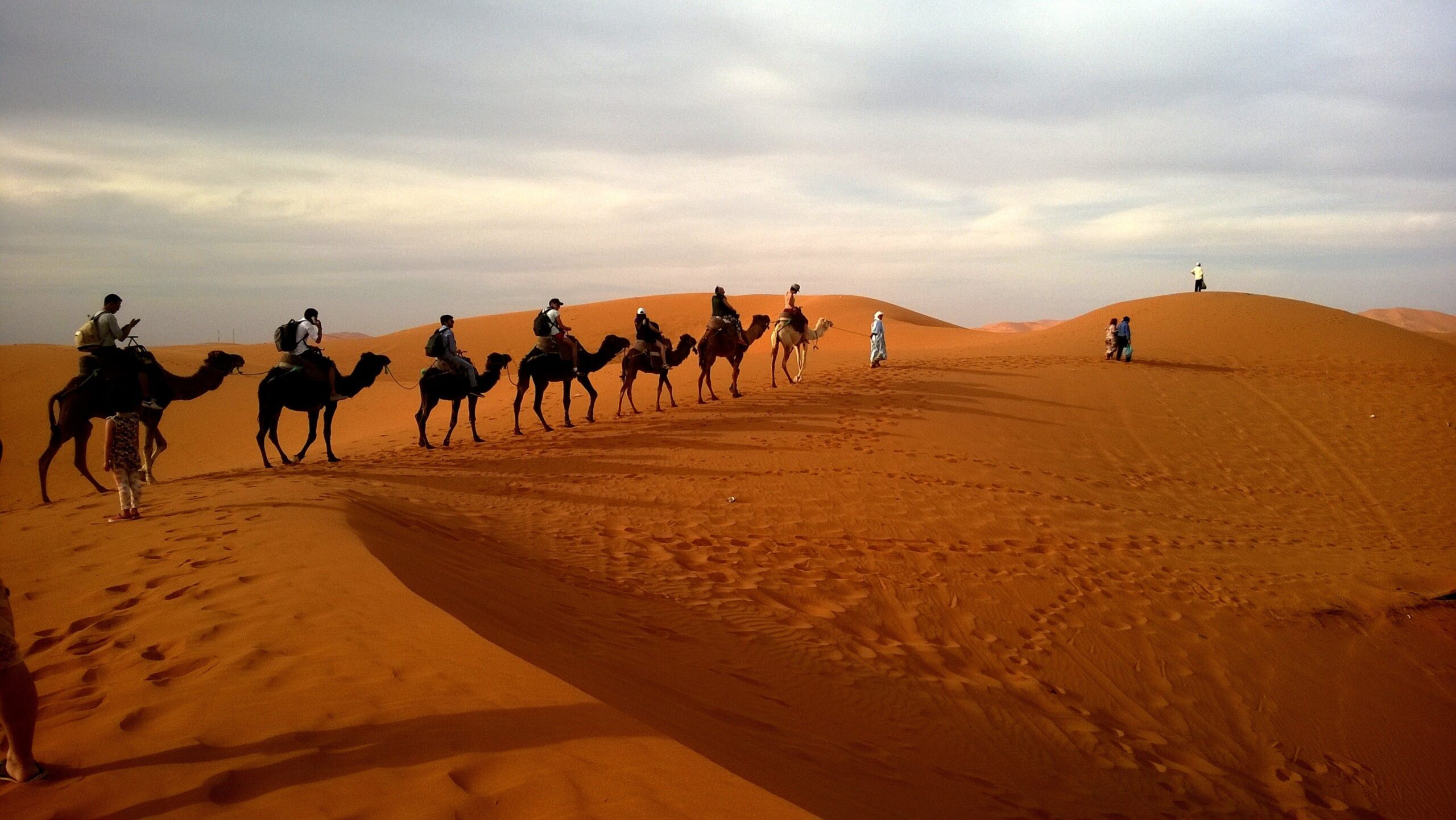
Saudi Ministry of Culture will highlight camel-inspired activities in a multitude of sectors
Saudi Arabia will celebrate the year 2024 as the ‘Year of the Camel’, to highlight the deep-rooted presence and unique role that camels have held in the lives of Saudis and in shaping the Kingdom’s cultural heritage. The announcement comes on the back of the United Nations designating the current year as Year of the Camelids with similar objectives.
The combined recognitions underline the significant heritage and strength of the bond between humans and camelids. Across cultures, the camel has been part and parcel of people’s daily lives worldwide. The global focus on celebrating camelids’ place in society across geographies also represents an opportunity to highlight their importance for sustainability. As the planet tackles the challenges of climate change, food security and fragile biodiversity, the camel, capable of traveling up to 150 km in the desert without water, is an enduring emblem of resilience.
According to a press statement issued by the Saudi Arabian government, as the national animal of Saudi Arabia and a traditional source of livelihood, the camel underpins a vast cultural heritage that has been expressed through art, crafts, literature, and the Kingdom’s way of life.
The statement adds that throughout 2024, a series of events, exhibitions, educational programs, and activities organised by the Saudi Ministry of Culture will highlight camel-inspired activities in a multitude of sectors, such as arts, fashion, quality of life, food production, culinary traditions, and sustainability practices.
The statement adds that as a symbol of patience, perseverance and adaptation, the camel has been a faithful companion to humans as they have acclimatised to various environmental landscapes. Throughout history, camels have forged new trails, which earned them the title of the ships of the desert. By bridging distances across arid lands, camels connected people from different cultures together.
The statement adds that the traditions and heritage formed from these ancient human interactions with the camel run very deep. Life-size camel carvings have been found on the desert rocks of Al-Jawf, in the Kingdom’s northern region, dating back 2,000 years. Inscribed on UNESCO’s list of Intangible Cultural Heritage of Humanity, the special oral tradition called “Alheda’a” used by camel herders to communicate with these emblematic desert animals and call their flocks, represents the strong bond between animal and herder. Additionally, the traditions of camel racing and beauty pageants instill pride in camel owners and excite the imagination.
The government says that the new cultural year offers a unique opportunity to celebrate the cultural significance of camels in Saudi society across generations. Having traversed time as a bedrock of national identity, the camel represents a vital link between Saudi heritage, values and modern aspirations.
It adds that blending tradition and modernity, the Year of the Camel events will support and feature the participation of local artists, writers, and artisans actively contributing to the preservation and continuity of camel-themed ancestral traditions. It adds that the priceless heritage is preserved for future generations by safeguarding and furthering these cultural practices. It will also offer multiple avenues to shine a light on Saudis’ long history and companionship with the camel and serve as a platform for cultural collaboration and dialogue.









